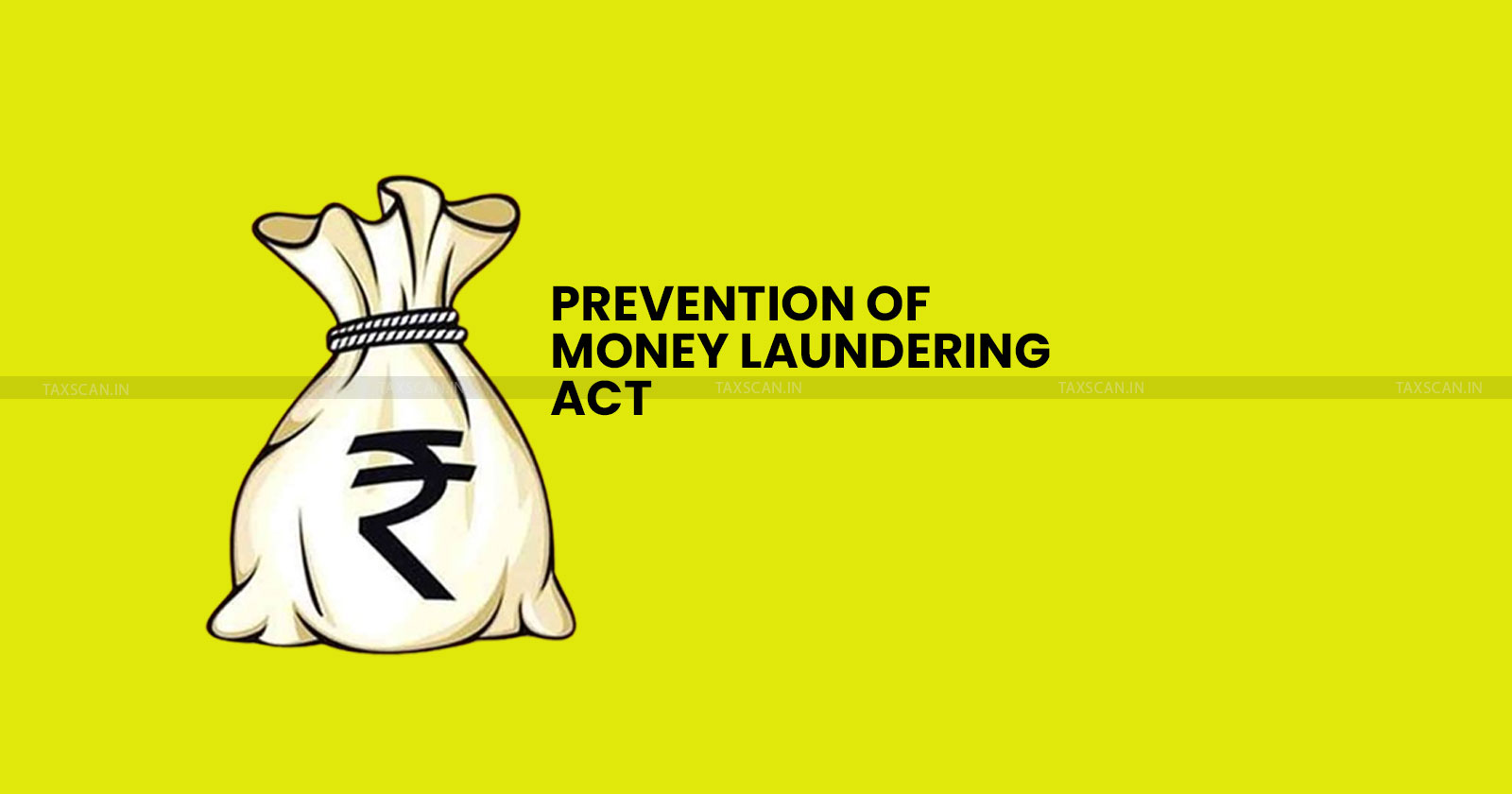When Statute Prescribes a Manner, it Must Be Followed that Way Alone: Delhi HC quashes Order of AA for Breach of S. 20 of PMLA [Read Order]
The Bench noted that while the right to property is no longer a fundamental right, Article 300A protects it as a constitutional right. Hence, deprivation of property must only be in accordance with the law, and non-compliance with Section 20 renders such deprivation unlawful.
![When Statute Prescribes a Manner, it Must Be Followed that Way Alone: Delhi HC quashes Order of AA for Breach of S. 20 of PMLA [Read Order] When Statute Prescribes a Manner, it Must Be Followed that Way Alone: Delhi HC quashes Order of AA for Breach of S. 20 of PMLA [Read Order]](https://images.taxscan.in/h-upload/2025/10/02/2093274-delhi-hc-taxscan.webp)
‘When a statute prescribes a method to do a particular thing, it must be done in that manner alone and not otherwise. Therefore, if Section 20 stipulates a defined mechanism for the retention of seized property or records, it is imperative that such procedure is strictly followed’, ruled the Delhi High Court.
The bench, while allowing the appeal filed by Rajesh Kumar Agarwal, set aside the order of the Adjudicating Authority (AA) which had confirmed retention of seized property without compliance with Section 20 of PMLA.
Justices Subramonium Prasad and Harish Vaidyanathan Shankar observed that “A cardinal principle of statutory interpretation, as reiterated by courts time and again, is that when a statute prescribes a method to do a particular thing, it must be done in that manner alone and not otherwise. Therefore, if Section 20 stipulates a defined mechanism for the retention of seized property or records, it is imperative that such procedure is strictly followed.”
The Enforcement Directorate (ED) had seized files, computer devices, and cash from the respondent in connection with alleged laundering operations linked to the Jain Brothers. The Adjudicating Authority subsequently allowed retention of these assets, but the Appellate Tribunal set aside the order, noting procedural irregularities. The ED challenged this before the High Court.
 Also Read:Property Retention not allowable only based on Confirmation of Attachment under PMLA: Delhi HC [Read Order]
Also Read:Property Retention not allowable only based on Confirmation of Attachment under PMLA: Delhi HC [Read Order]
While rejecting ED’s contention that Section 20 was not mandatory, the Bench held that the power of retention up to 180 days lies under Section 20(1)-(2), and the Adjudicating Authority under Section 8(3) only has the power to “confirm” retention beyond that period. Thus, without a valid Section 20 order, any subsequent confirmation is void.
The Bench noted that while the right to property is no longer a fundamental right, Article 300A protects it as a constitutional right. Hence, deprivation of property must only be in accordance with the law, and non-compliance with Section 20 renders such deprivation unlawful.
Accordingly, the High Court quashed the AA’s order, ruling that confirmation of retention cannot cure the initial defect of breach of Section 20, as an order void at inception cannot be corrected by later proceedings.
Support our journalism by subscribing to Taxscan premium. Follow us on Telegram for quick updates


